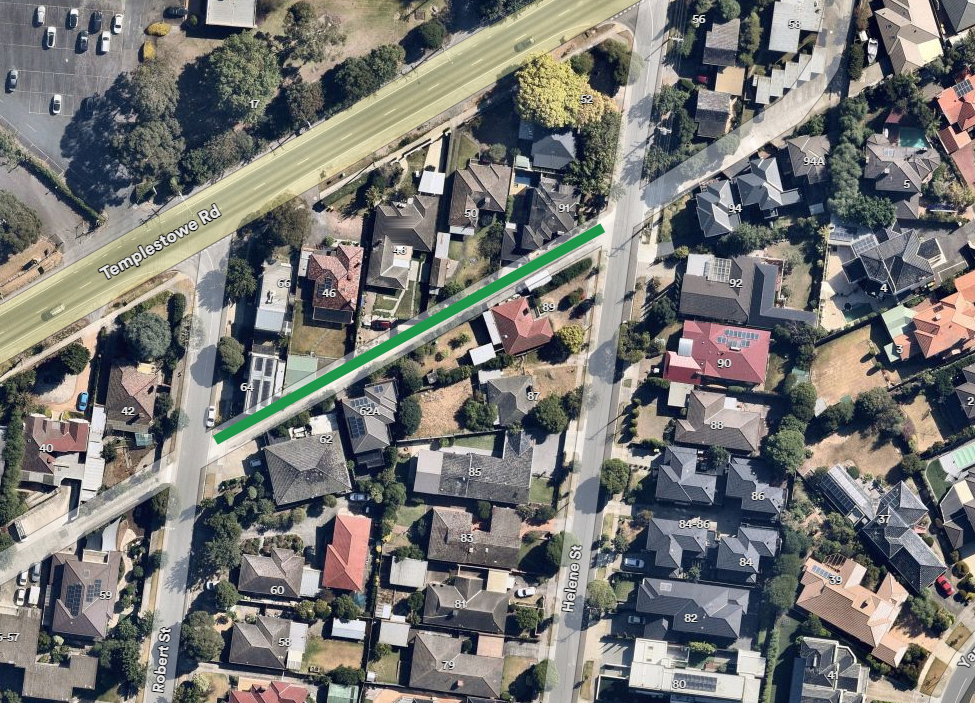People with very irregular sleep patterns could have increased risk of dementia compared to those who wake and sleep at more regular times, Monash University-led research has found.
The study didn’t prove that irregular sleep causes dementia, but showed an association. Those who had the most irregular sleep patterns had the highest dementia risk.
Published in Neurology®, the community-based prospective cohort study examined the relationship between sleep regularity, which is the consistency of periods awake and asleep across consecutive days, and the risk of getting dementia in the future. It also looked at brain volume on brain scans.
Researchers used sleep regularity data for 88,094 UK Biobank* participants whose average age was 62. The sleep regularity index was measured using a wrist device. Over a mean of 7.2 years follow-up, 480 participants developed dementia.
The sleep regularity index was calculated as the probability of being in the same sleep state, asleep or awake, at any two time points 24 hours apart, averaged over seven days.
In theory, those who sleep and wake at the exact same time each day have a sleep regularity index of 100, while those who do so at completely different times every day score zero. In this study, the most regular sleepers scored an average 71, those in the middle averaged 60 and the most irregular sleepers averaged 41.
The most irregular sleepers were 53 per cent more likely to develop dementia than those in the middle group. Brain volumes also tended to be lowest in the most irregular sleepers.
The most regular sleepers did not have a lower risk of developing dementia than the middle group, indicating that moderately regular sleep was equally beneficial. The results were adjusted for age, sex, genetic Alzheimer’s disease risk, shift work, retirement status and many other health factors.
Senior author Associate Professor Matthew Pase, of Monash University’s School of Psychological Sciences and Turner Institute for Brain and Mental Health, said the results underlined the importance of regular sleep patterns.
Associate Professor Pase said sleep recommendations often focussed on the ideal amount, usually 7-9 hours a night, but regularity was also important. He said it could be impacted by shift work, having young children, lifestyle factors such as living in a noisy neighbourhood, and chronic conditions such as pain and diabetes.
“Irregular sleep patterns may disrupt our internal biological clock, which controls our 24-hour circadian rhythms,” Associate Professor Pase said. “Many of our body’s processes, including metabolism of our blood sugars and fats and control of blood pressure follow a 24hr diurnal (day/night) rhythm.
“Disruption to these rhythms may increase risk of hypertension, diabetes, high cholesterol and obesity. Combined, these factors are linked to damage of blood vessels and inflammation in the brain, possibly leading to neurodegeneration (loss of the brain’s nerve cells) and subsequent dementia.”
Associate Professor Pase said irregular sleep patterns could be improved through sleep health education and behavioural therapies.
“Our study suggests that people with irregular sleep may only need to improve their sleep regularity to average levels, compared to very high levels, to prevent dementia. Future research is needed to investigate this further,” he said.
First author Dr Stephanie Yiallourou, of Monash University’s School of Psychological Sciences and Turner Institute for Brain and Mental Health, said more emphasis needed to be placed on regular sleep and health.
“I think many people are probably unaware of the links,” Dr Yiallourou said. “This is because most of our sleep research, to date, has focused on investigating sleep durations and associated health outcomes, rather than how regular our sleep is. We are only now understanding that sleep regularity seems to be just as important as sleep quantity.”
Dr Yiallourou offered some tips that might help. “Try to have consistent bed and wake time routines, avoid daytime napping, particularly in the late afternoon, and manage light exposure to receive lots of daylight during the day and minimal artificial and blue light at night,” she said. This research was published online at 4pm on December 13, 2023 US Eastern Time (8am December 14, 2023 AEDT) in Neurology®, the medical journal of the American Academy of Neurology.
*The UK biobank has measured sleep and wake on around 100,000 people who also have very detailed health information and follow-up. A comparable study does not exist in Australia.







